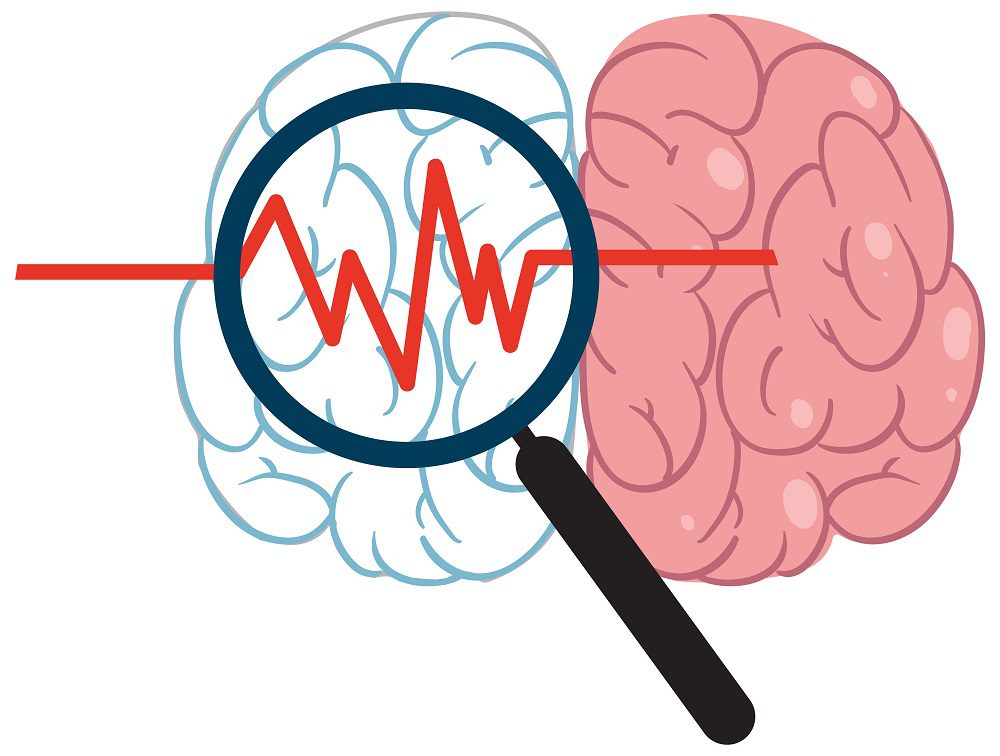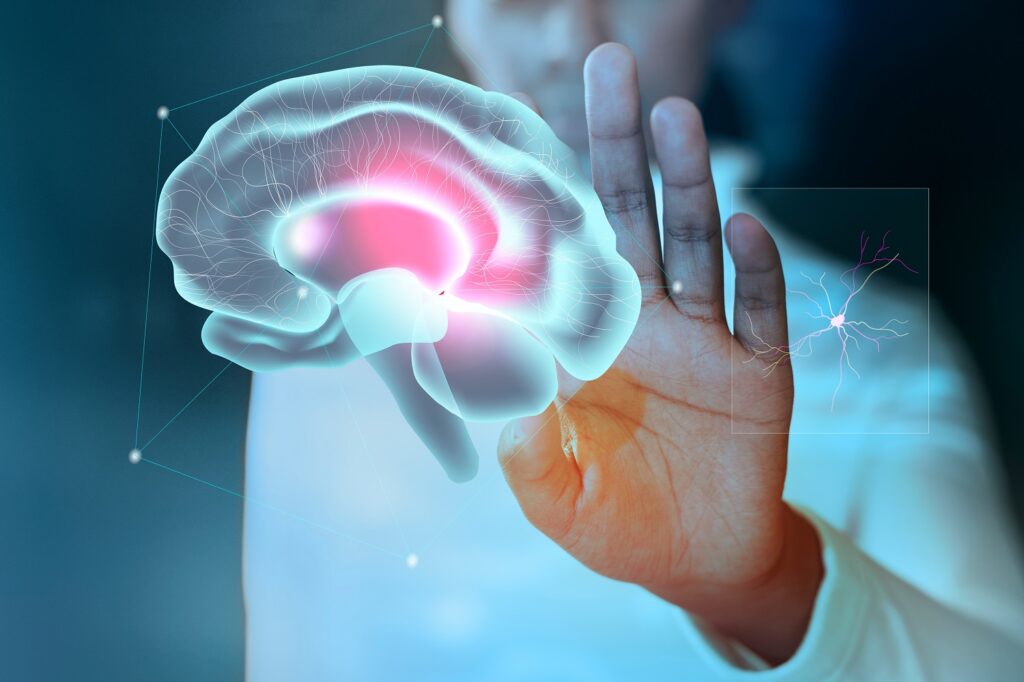As the most common form of dementia and a progressive neurodegenerative disorder, Alzheimer’s disease (AD) affects over 10% world population with age 65 and older. The disease is neuropathologically associated with progressive loss of neurons and synapses in specific brain regions. Despite the intensive effort, there is still no cure for the disorder. Stem cell-derived exosomes hold great promise in treating various diseases, including AD, as they contain a variety of anti-apoptotic, anti-inflammatory, and antioxidant components. Moreover, stem cell-derived exosomes also promote neurogenesis and angiogenesis and can repair damaged BBB. In this review, firstauthor describes the major neuropathological features associated with AD, then summarize the recent data involving the use of mesenchymal stem cell- or neural stem cell-derived exosomes in treating AD. At the end, challenges, perspectives, and clinical trials using stem cell-derived exosomes for AD therapy were briefly discusses.
















